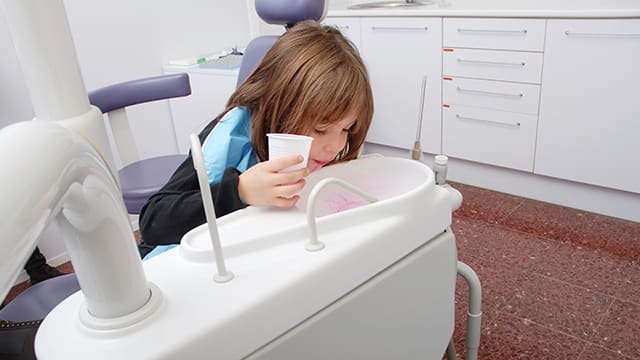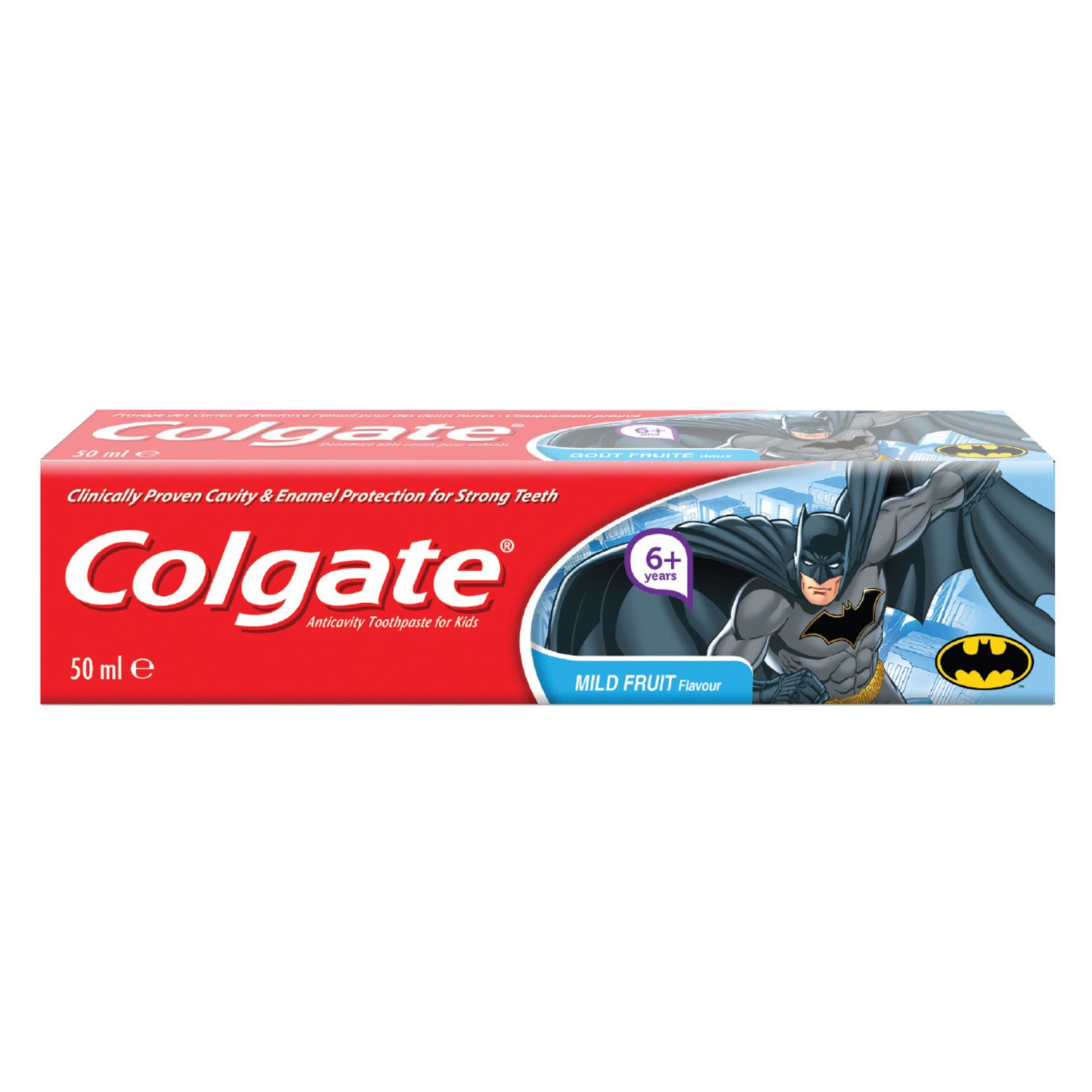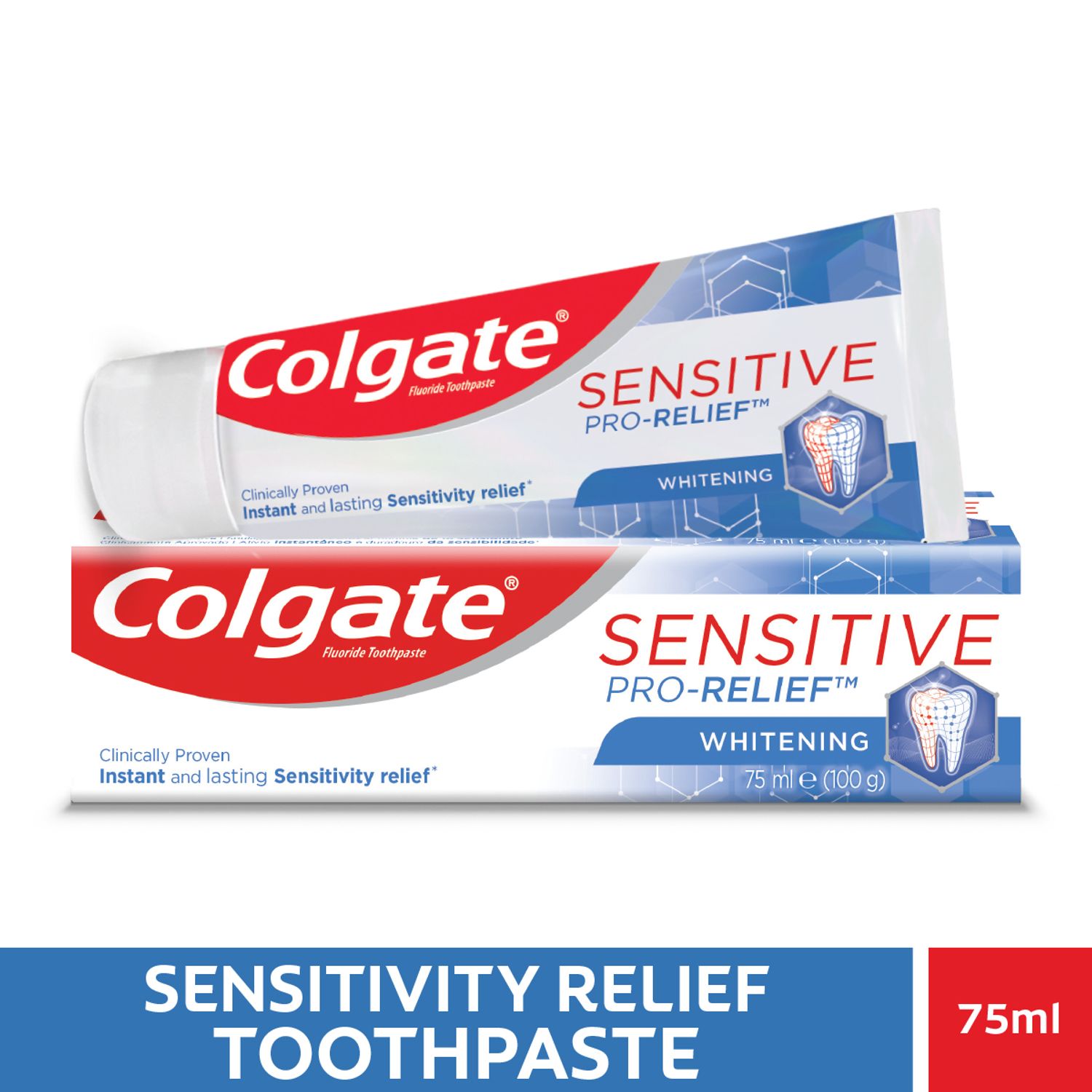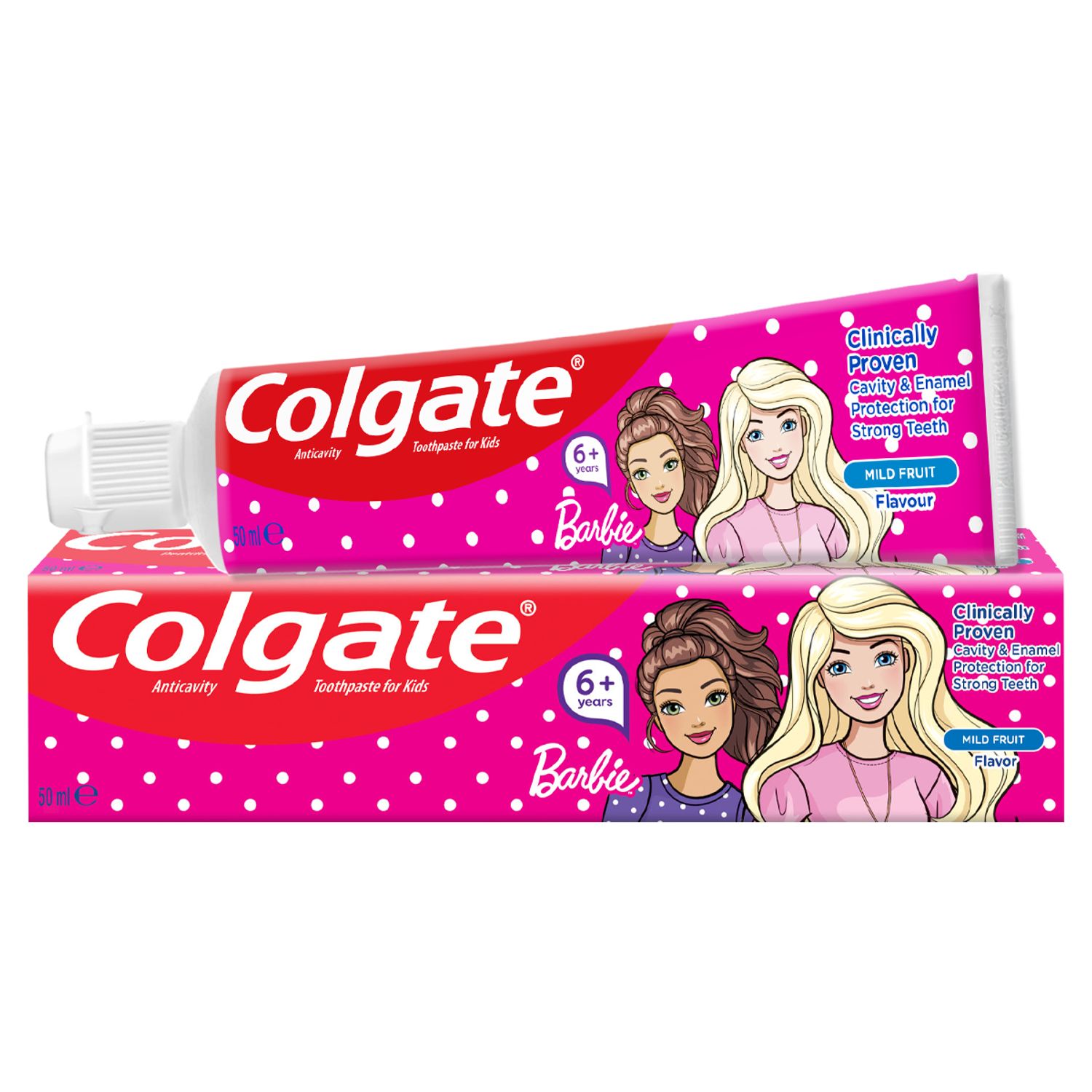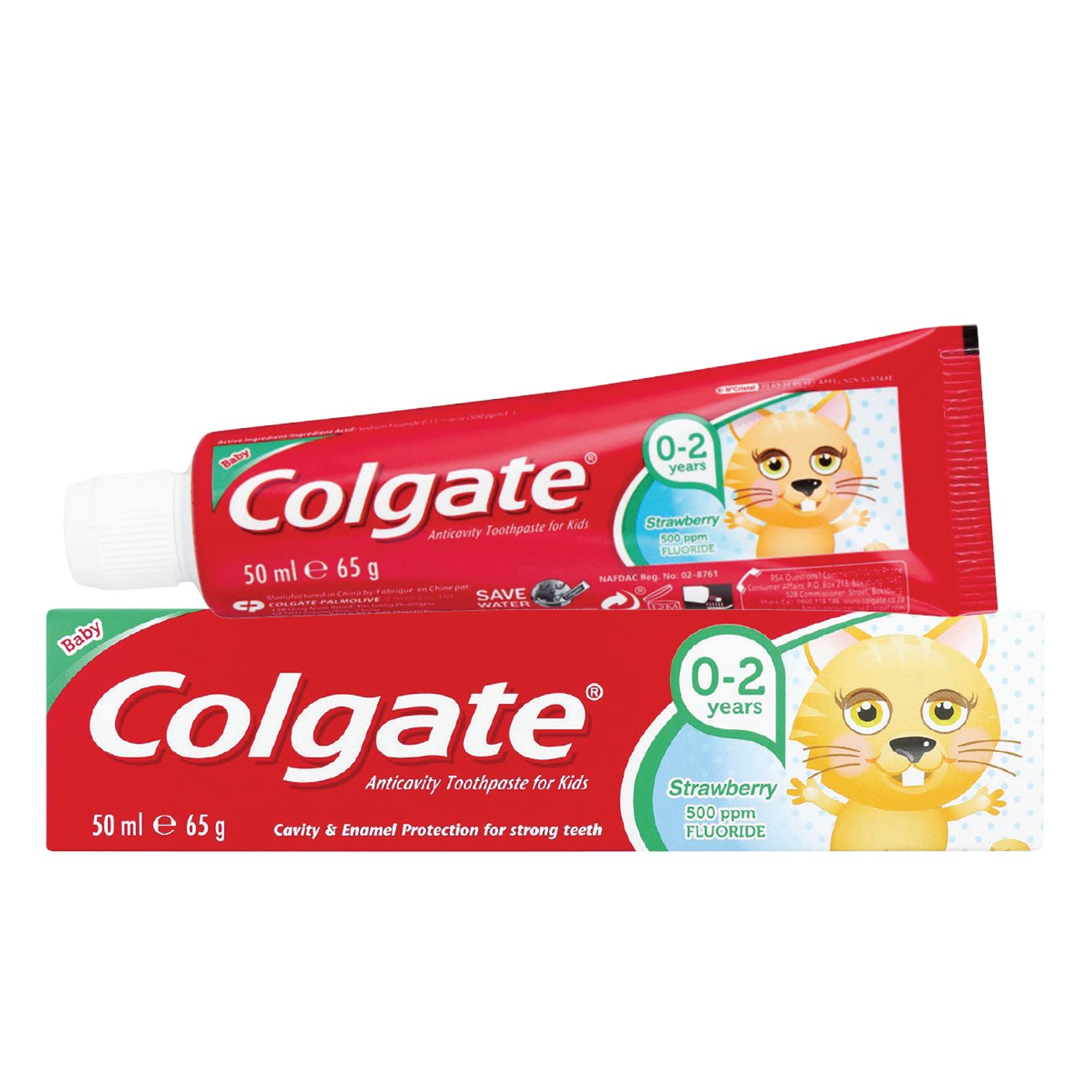-
-

CAVITIES
Can You Heal A Cavity At Home?You feel a sharp pain when you bite down or try to eat. You think it's a cavity, but you're not 100 percent sure...

BAD BREATH
How To Cure Bad BreathMore commonly known as bad breath, halitosis is an embarrassing hygiene issue that nobody wants, but some of us get every now and then...
-
Science & Innovation
- Colgate® | Toothpaste, Toothbrushes & Oral Care Resources
- Oral Health
- When Do Babies Get Their First Tooth?


As a new parent, you probably have a lot of questions about what to expect from your little one. Once your baby starts to show signs of teething, the biggest question on your mind will likely be "When do babies get their first tooth?" The teething process is different for every child, but here are some things to keep in mind.
Signs of Teething
For some babies, teething is a fast and easy process, but for others it is not. Signs of teething can last for weeks before a tooth actually emerges, yet for some lucky ones, there may be no signs at all. Every baby is different, but there are some typical signs to watch out for that indicate that your little one is preparing to cut his first tooth. Symptoms of teething include drooling, chewing on objects, irritability or crankiness and sore or tender gums.
Night waking and fussiness, and changes in eating or nursing habits can also appear. For example, a baby who was already sleeping through the night may suddenly be waking and wanting to nurse out of a need for comfort. Teething symptoms can continue throughout the teething process until your toddler has a full set of baby teeth.
When Do Babies Get Their First Tooth?
Most babies will have their first tooth poke through at any time from 3 to 9 months of age; this can vary greatly, however, so don't worry if your baby begins cutting teeth later or earlier. Babies usually get their teeth in pairs, and the first teeth to appear are the lower central incisors. The bottom teeth will be followed by the upper central incisors, lower and upper lateral incisors, first molars, canines and second molars. Most children will have a full set of baby teeth by the time they are 3 years old.
Baby Teething & Soothing Aching Gums
Though cutting teeth can be a long and difficult process, there are several things you can do to alleviate your baby's teething pain. Most babies will chew on anything and everything to ease their aching gums. Keep plenty of soft, cloth toys and rubber teethers handy to control the tendency to gnaw on everything. Cold items will also help to reduce the need to chew and will numb the ache at the same time. Offer your baby cold teething rings, frozen washcloths and mesh teethers with frozen foods inside. You can also soothe your little one's pain by massaging the aching gums. Use a clean finger to rub and to apply pressure gently along the gums.
Introducing Dental Care
Even before the first tooth emerges, you can get your baby comfortable with the idea of dental hygiene by cleaning his gums with a gauze cloth. Once your baby's first tooth arrives, you can use a small, soft-bristled brush to clean the tooth and gum line. Developing a regular brushing routine is not only important for keeping your baby's smile healthy, but it also accustoms your infant to daily care from an early age.
Related Products

Helping dental professionals
More professionals across the world trust Colgate. Find resources, products, and information to give your patients a healthier future





